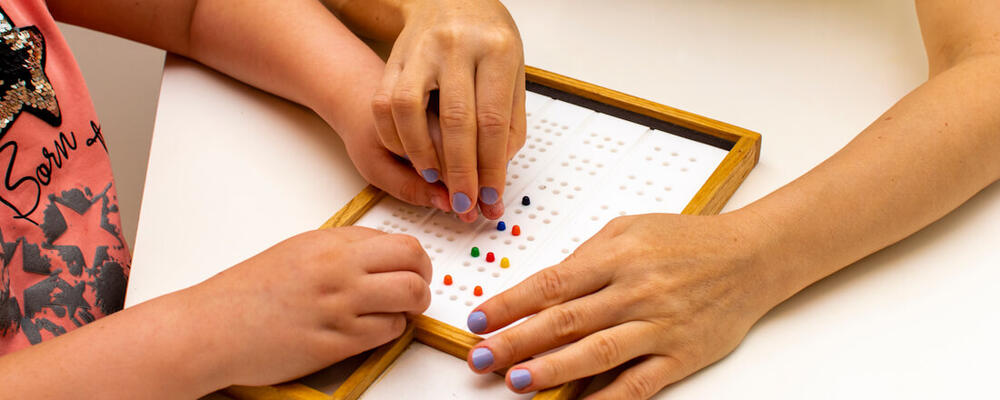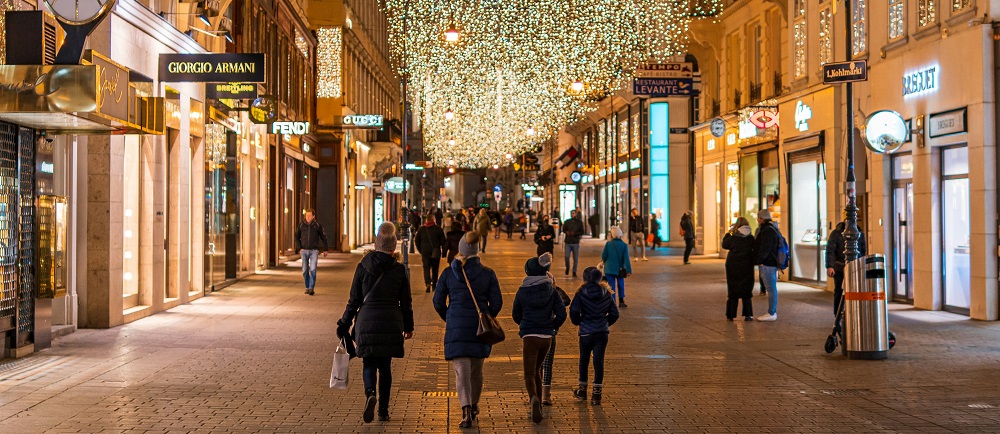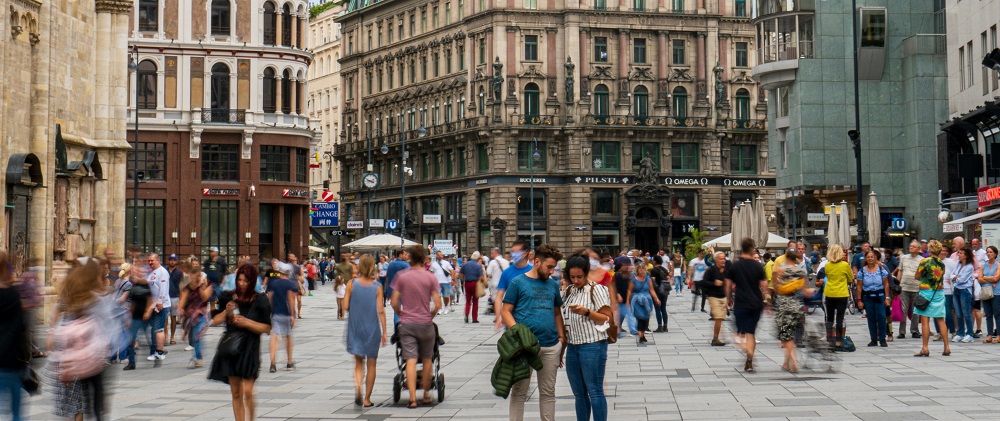More and more expats are moving to Vienna to experience one of Europe’s most beautiful and lively cities. Located on the Danube River in the eastern part of the country, Vienna offers stunning architecture, peaceful green spaces, and plenty of trendy cafés and restaurants.
If you’re thinking about moving to Vienna, you’ll enjoy a perfect mix of culture, history, and modern living.
Living in Vienna as an expat
Vienna is a city full of cultural treasures, including the famous State Opera House, many art galleries, museums, and other attractions. Thanks to the paths that weave through its charming streets and neighbourhoods, you can explore it all by bike.
Austrian culture can feel a bit closed off to outsiders, but that’s why there are plenty of expat social groups to join. Whether you’re into book clubs, hiking, or arts and culture, there’s something for everyone.
Contrary to what one might think, language is not an insurmountable barrier. Most Viennese people speak English well and enjoy practising with expats like you. Still, learning German can open up lots of career opportunities, and there are many ways to take lessons if you’re interested.
Finding a place to live in Vienna can be tricky. Housing is expensive, and understanding the property market takes time. On the bright side, the city is easy to get around, with excellent and affordable public transport.
Local Culture in Vienna
Accommodation in Vienna
Getting Around in Vienna
Cost of living in Vienna
The cost of living in Vienna is undeniably high. As the capital, Vienna is the most expensive city in Austria. This is especially the case when it comes to housing in the city.
Fortunately, public transport is more affordable than in many other European capitals. The city is also known for its rich culture, although some cultural activities can be pricey. That said, there are still plenty of low-cost or free things to enjoy in Vienna.
Families and children in Vienna
If you’re moving to Vienna with children, you’ll be happy to know that Austria has exceptional schools, and Vienna has many good international schools offering different curricula from around the world.
The most popular curriculum on offer is the globally recognised International Baccalaureate, while it’s also possible to enrol your children in public bilingual schools, where the language of instruction is German and English.
Whether you’re moving alone or with your family, there’s always something fun to see and do. The city is full of cultural and historical attractions, and there are also many exciting events throughout the year that you’ll enjoy.
Education and Schools in Vienna
International Schools in Vienna
Lifestyle in Vienna
Climate in Vienna
Vienna’s weather can be quite pleasant, with warm, sunny summers and cold winters. The snowfall during winter makes Vienna a great destination for those who enjoy winter sports like skiing.
Overall, the benefits of moving to Vienna are usually greater than the downsides. The city is often ranked as one of the best places to live in the world, so you’re sure to enjoy a high quality of life when you relocate to Vienna.
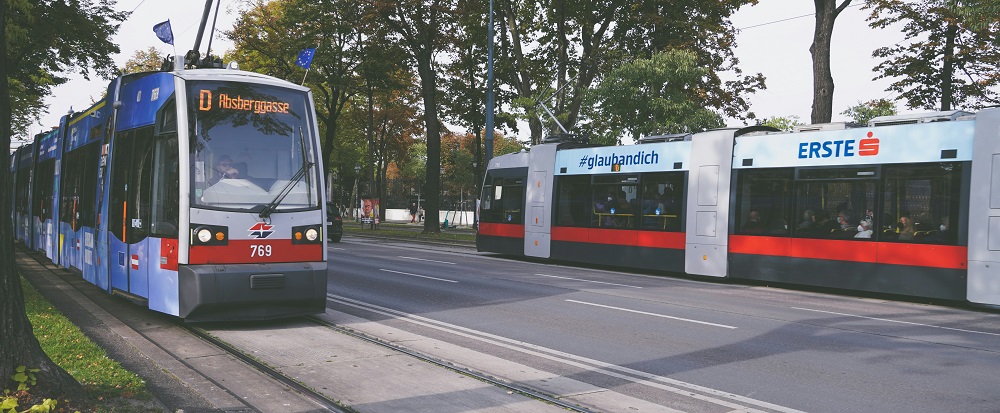
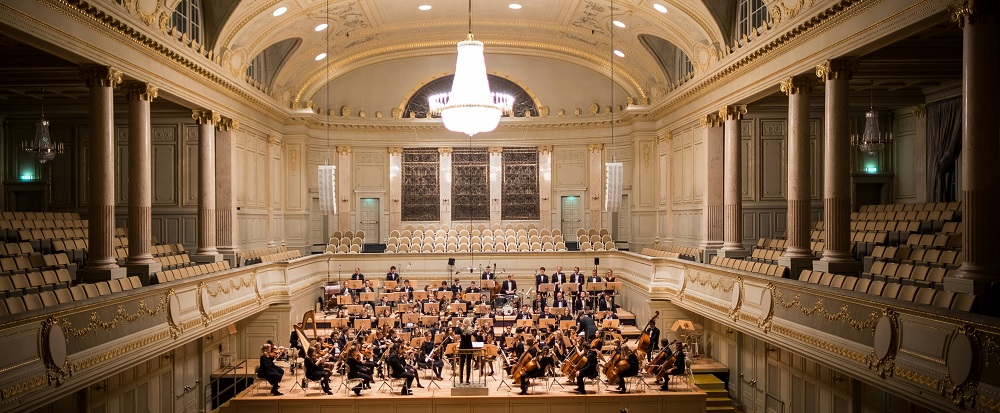


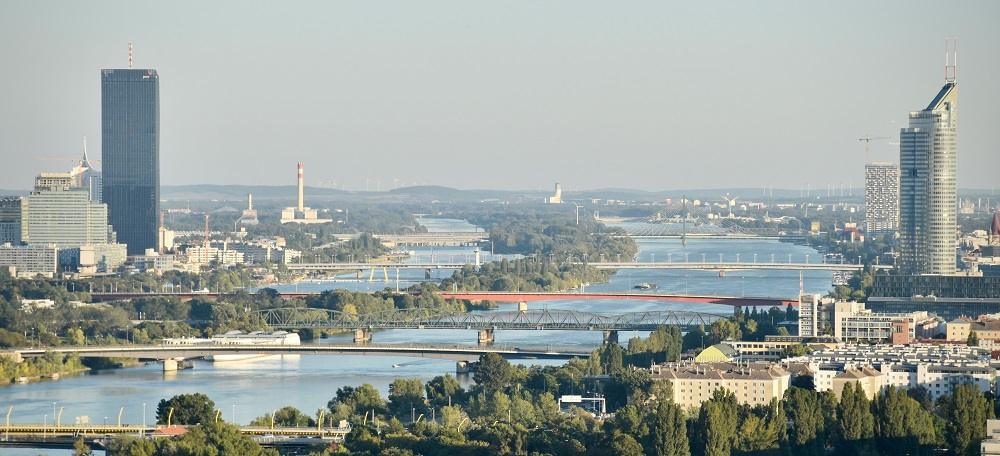


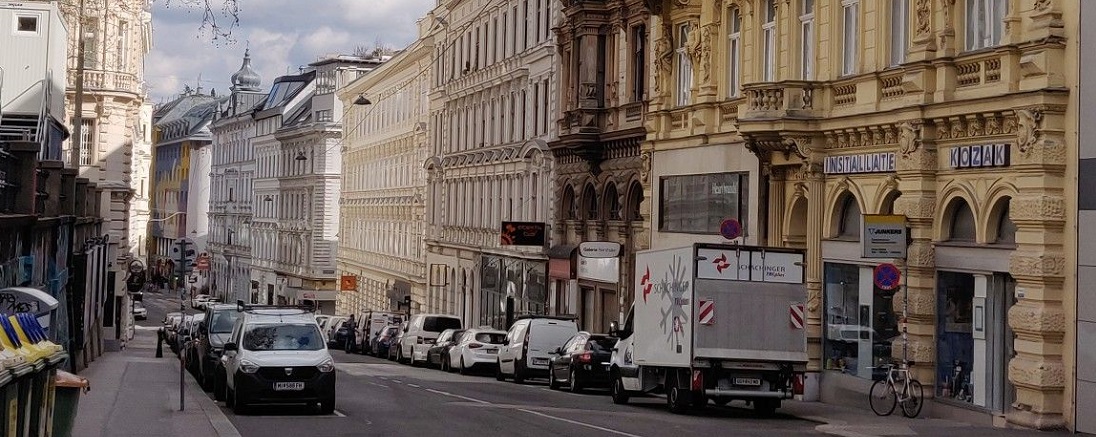 District 1 – Innere Stadt
District 1 – Innere Stadt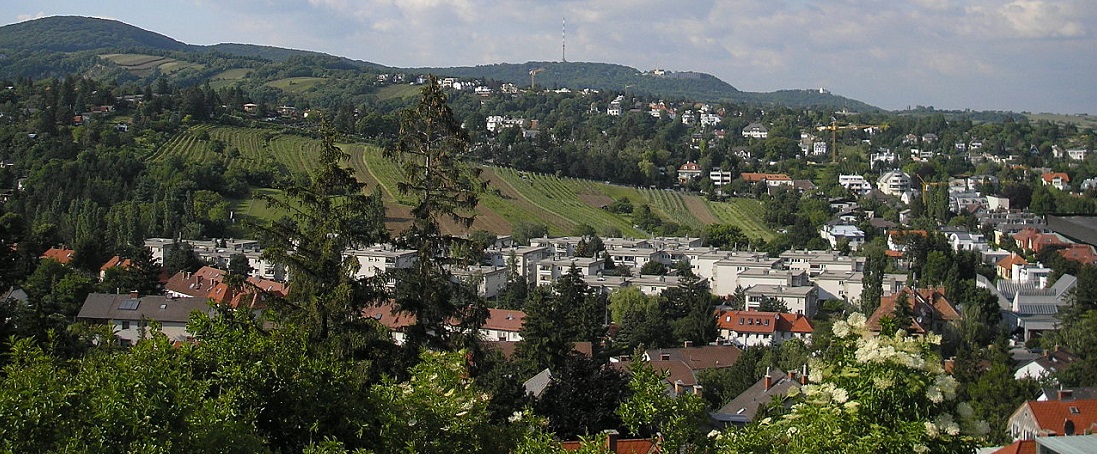 Districts 18 and 19 – Währing and Döbling
Districts 18 and 19 – Währing and Döbling

